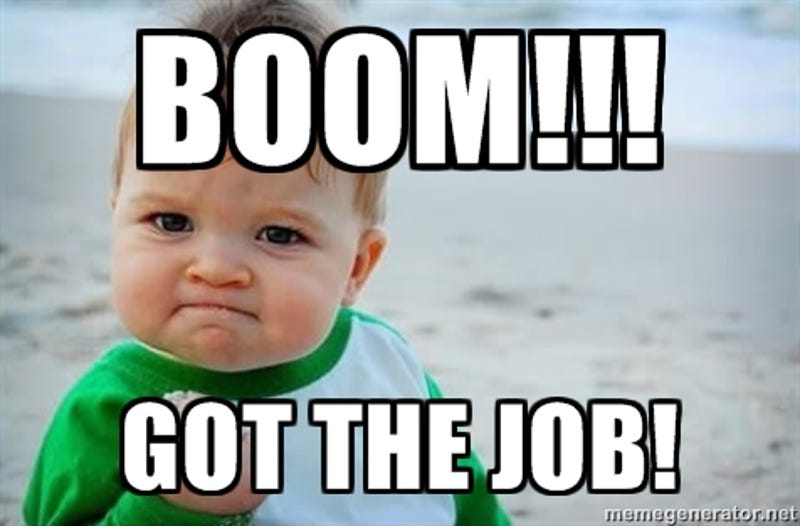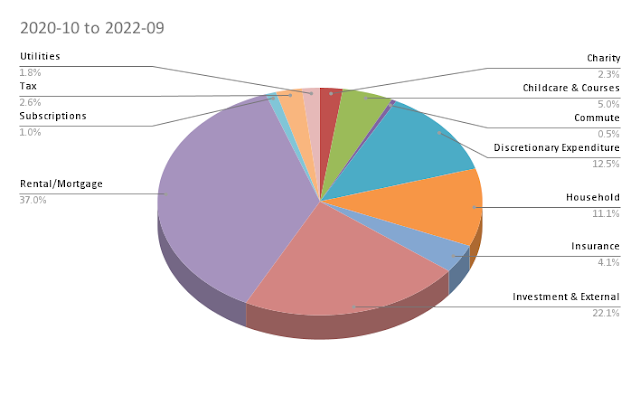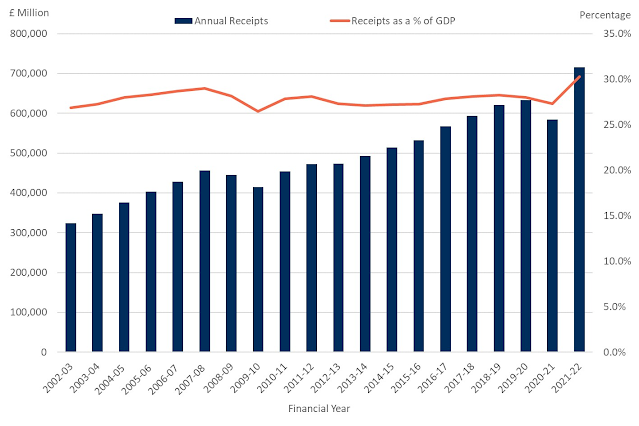How I became Vocanic CEO
After six and a half years at Vocanic, I recently left. This was one of the hardest decisions I had to take. There is a lot to write about my tenure at Vocanic, but I am trying to focus this post on the past 18 months or so which had more noteworthy stories, I believe. There are 3 parts to this topic - Becoming Vocanic CEO, the decision to leave Vocanic, and the decision to join Quantcast. In this post I am only focussing on the first.
Vocanic was acquired by WPP in December, 2013 and we were placed into the GroupM group along with 5 other agencies - Mediacom, Mindshare, Maxus, MEC and Xaxis. The four shareholders who sold the company (in order of their shareholding) were Ian McKee, Liam McCance, Stephen Thirgood and myself. I were granted some company shares as part of a Stock Option grant. Shortly after the acquisition, I was promoted to CTO position.
GroupM bought Vocanic because we were a Social Media agency with proprietary technology, which they believed was a differentiating factor. We believed ourselves to be a Consulting firm with execution capabilities in both Social Media and Tech. Either way you look at it, Vocanic was broadly two businesses - an agency business offering Social Media management and affiliated services; and a Tech business offering product and applications offerings. Most of our client facing team understood that the two were joint at the hip and we could offer services that truly was differentiated in the market.
However, as it happens with an acquisition, management changes followed in the following months. By July 2015, Stephen had exited and Liam was in the process of exiting the company. Both were affected by the big-company syndrome as well as nurtured an itch to pursue other interests. When the management was being restructured, I had offered to take up COO role covering all aspects of the business except Strategy and Client Facing. However, Ian believed that someone from within GroupM was necessary to tide over the relationship issues we were having with the group and agencies - logic that I agreed and subscribed to.
So Ian recruited Rebecca Ashby as our COO and Rebecca set up structuring the company for future. While the efforts of that exercise were broadly in the right direction, I came out not spotting the next challenge I wanted to take on. Tech assignments in that roadmap looked, at best, incremental.
At this time, I spoke to Ian about leaving, but Ian was genuinely convinced that working in a bigger group and making this a win-win for both us and GroupM was an important and unfinished business. He convinced me to stay, which I did.
In the coming months I busied myself with a couple of projects and didn't think too much about leaving. However, by year end 2015, there were significant differences in the direction Ian and Rebecca wanted to take and the two weren't seeing eye to eye. I personally respected both approaches, but the strife wasn't setting the right environment and the team was often split on whose direction to follow.
Over the year end break, I decided to talk to Ian about leaving again. However, coming into office on first working day of 2016, I learnt that Ian and Rebecca had agreed that things weren't working out and Rebecca was leaving. I did not want to leave Ian with another departure but decided to postpone it for a few weeks to see how I could help out in transition. Ian and I spoke about the COO replacement plan and while Ian was generally willing to give me more responsibility, but the formal decision wasn't made.
In about 10 weeks time, GroupM decided, in turn, somewhat shockingly, that Ian wasn't working out as the CEO and asked him to leave. His departure was sudden and without a succession plan in place.
Again, this left yet another vacuum - this time a much bigger one. Within a few months, we had gone from a management team of 4 (Ian, Liam, Rebecca and me) to only one. In the past 5-6 quarters, there had been multiple rounds of change in management and key staff in every market. The only function that had been relatively stable had been tech team.
At this point, GroupM management made it clear that no decision on the next CEO had been made and anyone in the management team was free to apply. I was happy to apply. Firstly because I was, and am, a firm believer in the Vocanic brand and the offerings it could bring to the market; Secondly because I had been close to Ian and had the best perspective of what was needed to take things forward; Thirdly, at a personal level, it would have given me an opportunity to take on a new challenge at just the opportune moment I was wondering about next steps; and Last but not the least, I knew that there was a mutual comfort between me and the key stakeholders both in GroupM and in Vocanic. Hence I put up my hand.
 I got no preferential treatment during the selection process - I was made aware that there were other candidates and the choice was going to be based on merit, not on association; I made it through the first round. Next I had to make a presentation on the strategy of Vocanic going forward.
I got no preferential treatment during the selection process - I was made aware that there were other candidates and the choice was going to be based on merit, not on association; I made it through the first round. Next I had to make a presentation on the strategy of Vocanic going forward.
I had little intention on a business-as-usual approach, but rather one where we would focus on our strengths and cut out the offerings where we had no differentiation. Incidentally, the template of the presentation I had to submit clearly made me feel that GroupM was looking for a similar approach - they prompted that our competitors were CRM companies (Lithium and Salesforce were specifically mentioned) and how I would tackle them. I thought this was a good sign - looked like we might be thinking alike. So I submitted and later presented my plan.
So, after about 8-9 weeks of selection process, I was appointed to be CEO of Vocanic.
to be continued..


